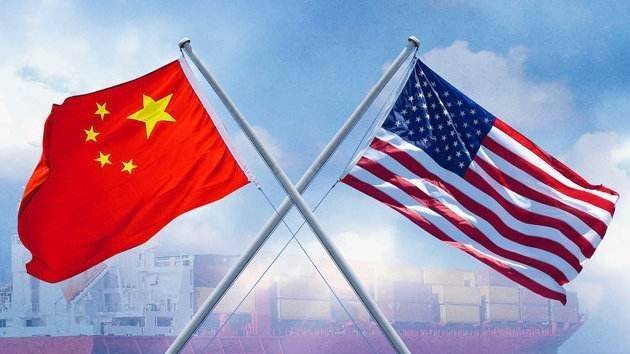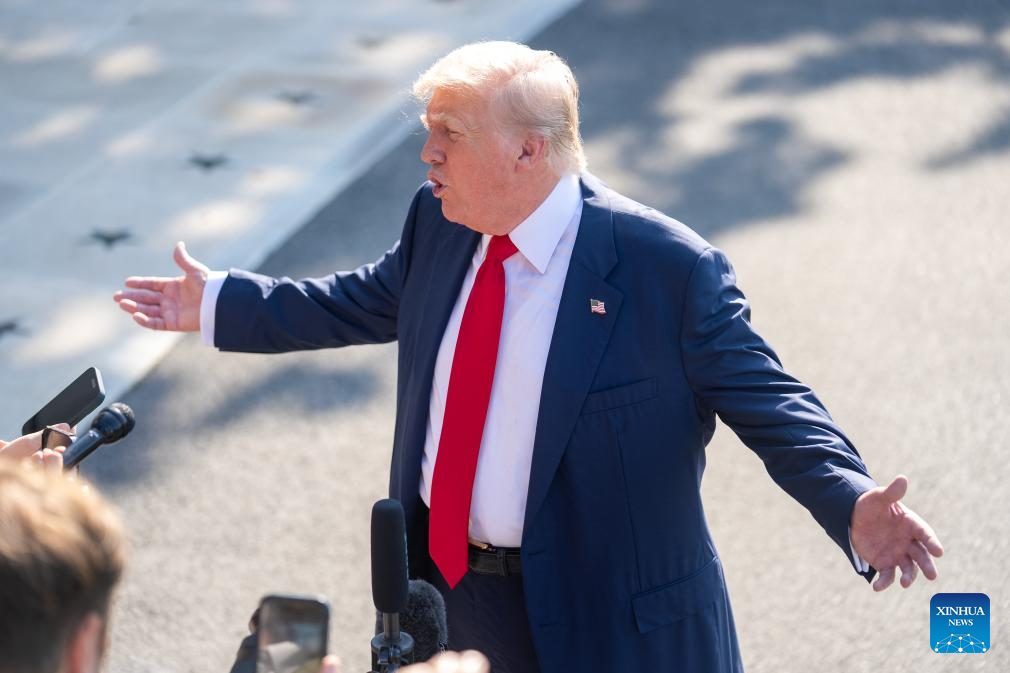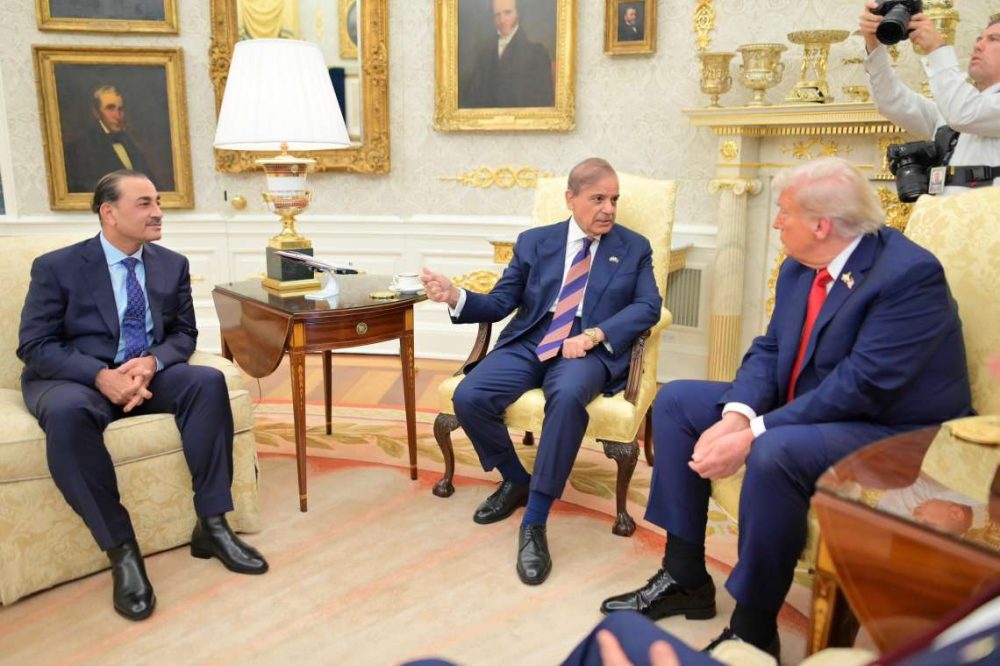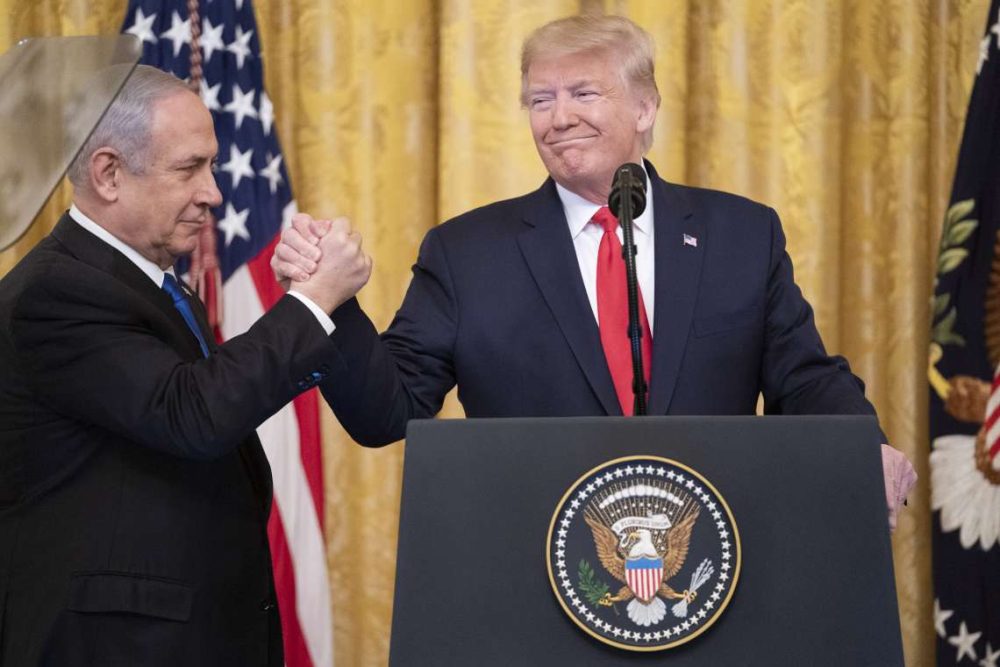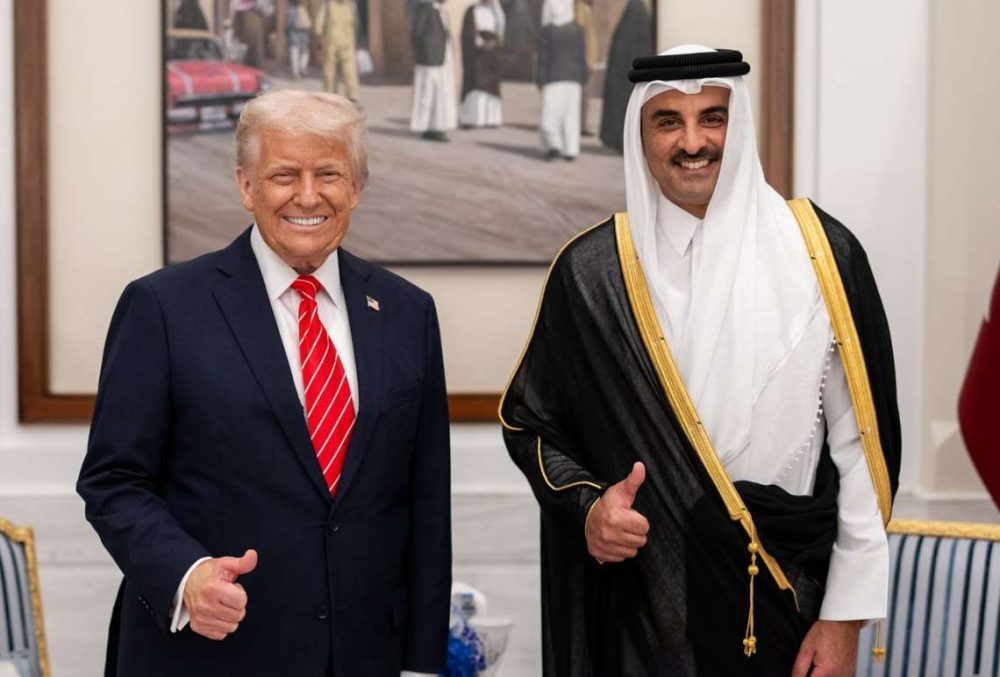Current US policy seeks to prevent China from developing its supply chain…reports Asian Lite News
In 2023, the US will continue to pursue its plans to strengthen its supply chain while trying to limit China’s supply chain, limit high-end technology exports to China and diversify trading partners in industries where the US is overly dependent on China, as per a report by the Washington Times.
The question Beijing is currently grappling with is how much Washington will push during the remainder of President Biden’s term to reduce US reliance on China’s supply chain while strengthening its own. The Washington Times reported that since 2018, the United States has struggled to contain China’s industrial rise. Reducing US dependence on China’s supply chain is now an established US policy, which Washington has adopted to maintain the upper hand in its superpower rivalry with Beijing.
Since Biden assumed the presidency in 2021, the US has undergone a policy shift on trade with China. The Biden administration has broadened the scope of the policy to include measures to improve manufacturing and supply chain competitiveness in order to better protect politically sensitive industries critical to US national security. The administration is simultaneously pushing for a trusted supply network from its allies worldwide, the Washington Times reported.
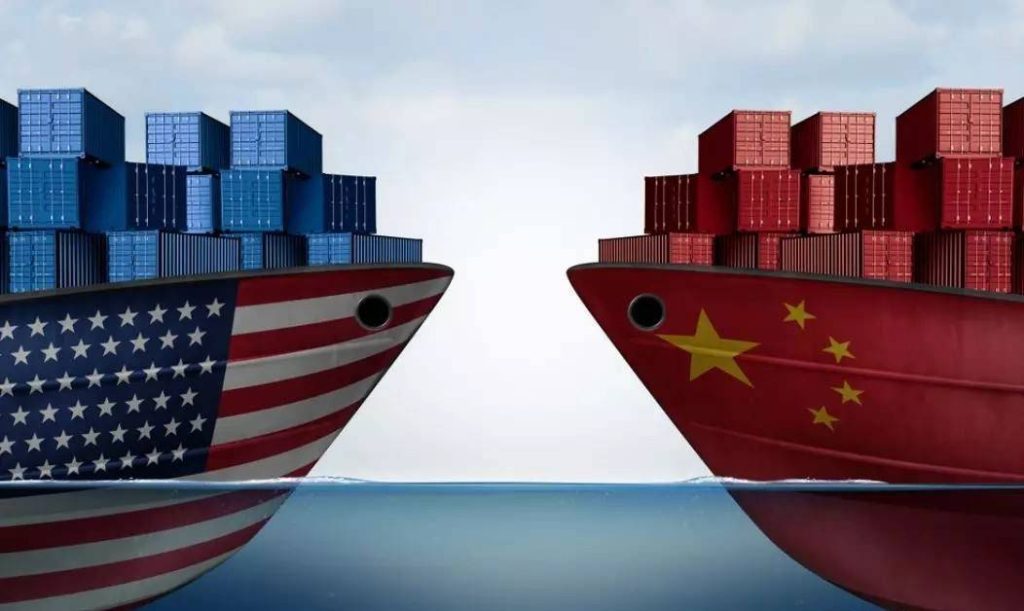
Current US policy seeks to prevent China from developing its supply chain. It denies China’s access to technology and intellectual property in critical industries through new laws and mechanisms. The Foreign Investment Risk Review Modernization Act and the Export Control Reform Initiative are examples. The logic is that a technological gap will constrain China’s development capabilities.
Concurrently, the US has raised tariffs and introduced other trade measures to increase China’s manufacturing costs and thus curb its industrial growth. In particular, the US has targeted products included in the “Made in China 2025” strategic initiative to prevent China from dominating the high-tech sector in the future.
Washington has also introduced legislation aiming to increase the resilience of the U.S. supply chain for semiconductors, pharmaceuticals, large-capacity batteries, and critical minerals and materials from China, as per the Washington Times.
In recent years, the Biden administration has unveiled a new infrastructure strategy that prioritizes investments in new energy, information technology facilities, and human capital to address soft and hard infrastructure and enhance national competitiveness.
The US government also provided subsidies, tax breaks, and import and export quotas so that American companies can strengthen the production of semiconductors and accelerate the development of foundational technologies such as electric vehicles, appliances, and defence systems.
The US has also established a framework for the joint procurement and inventory of key raw materials.
Last May, Biden visited Japan and South Korea to accelerate the buildout of semiconductor supply chains, forge cooperation with Japan to strengthen semiconductor and advanced battery supply chains and work with South Korea on early warning systems to detect supply chain disruptions.
In his first overseas visits since the start of the COVID-19 pandemic in late 2019, President Xi also sought trade agreements with allies and ASEAN member states.
The United States should enhance its global leadership by providing maximum protection to politically sensitive industries that are critical to the national security of the U.S. and its partners.
The US should make “cross-border manufacturing” along the U.S.-Mexico border a top priority to revitalize American manufacturing and improve supply chain security. This is a “one stone, many birds” approach: First, it will allow U.S. companies to continue to benefit from cheap labour and reduced logistics costs.
Second, it will help alleviate the problem of illegal immigration from Latin American countries by allowing migrants to work in cross-border manufacturing, thus strengthening America’s backyard and laying the groundwork for a trade or economic bloc in the region. This could be accomplished by introducing legislation such as the US Manufacturing Revitalization Act and the Supply Chain Security Act. (ANI)


